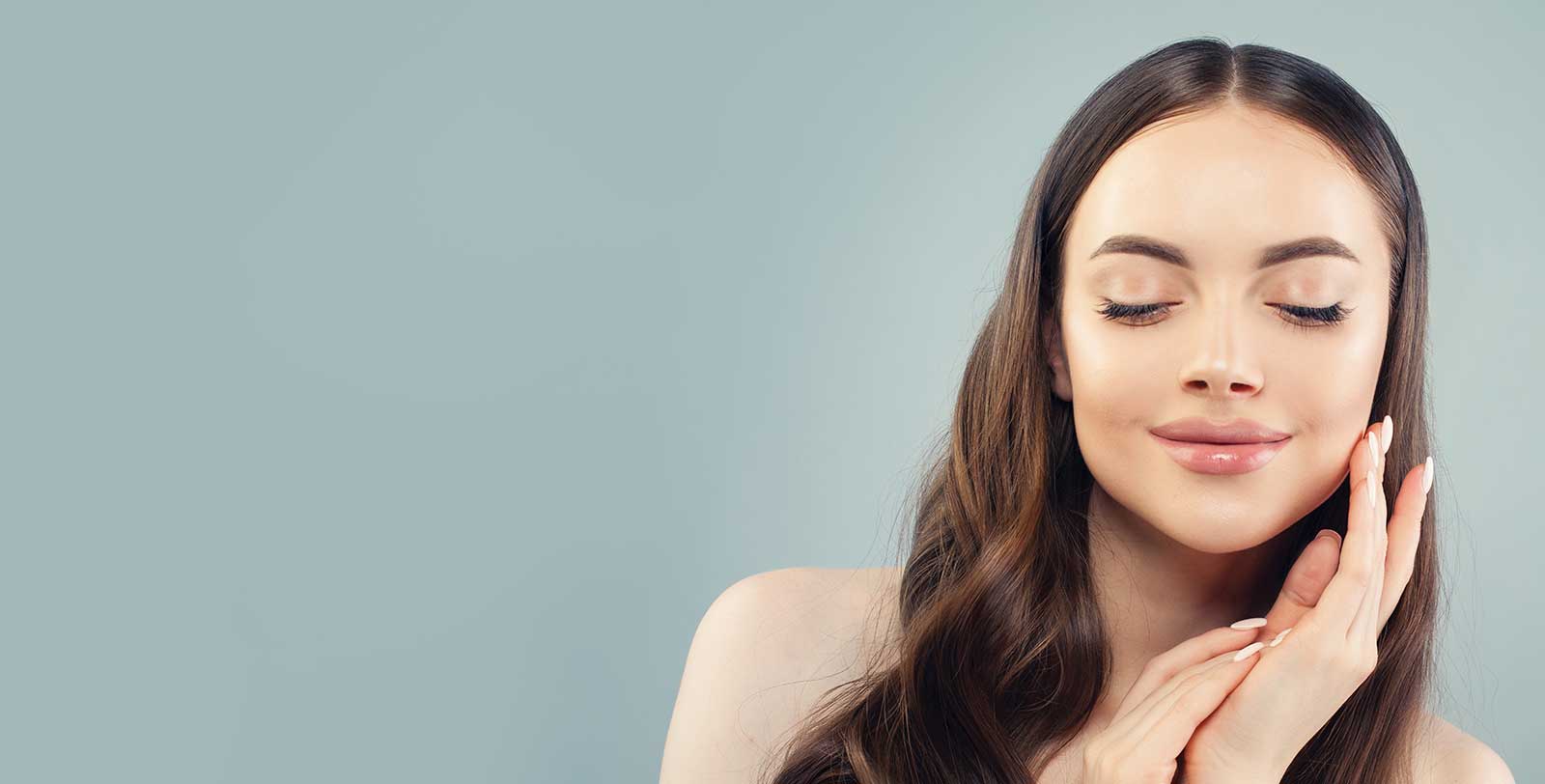
Squeeze, pop, wipe, and forget. This isn’t a long-term solution for many people who struggle with acne. If you want long-lasting relief and better-looking skin, now and in the future, it’s best to talk to a dermatologist. Acne medications are among the most important parts of acne treatment. They allow pimples to heal without scarring and while minimizing discomfort. They also prevent acne from returning. Learn about the different types of acne medication and then schedule a consultation to get an expert medical evaluation and a personalized treatment plan.
Not all acne medications work the same way. Acne is caused by a handful of factors, each of which may be treated individually or in combination. For the worst acne sores, antibiotics are often necessary to fight off the infection and help the body heal. Anti-inflammatories can also help minimize the extent of an acne-based infection while also helping to open pores. Other treatments work by reducing the oil secretions that commonly clog pores and create acne in the first place. Additionally, most over-the-counter products work by removing dead skin and promoting new skin growth, which is another a good protective factor against acne.
In addition to having multiple methods, the best acne medication treatment plan has multiple goals. You want to clear up any current pimples and acne lesions, reduce the chances and appearance of any acne scars, and then prevent future outbreaks as much as possible. The ingredients, actions of mechanism, and delivery method are all factors in how your medication works, but most acne medications can be divided into two types: Oral medications that you take by moth and topical medications that are applied directly to the acne.
More than a generic list of things and products that you might try for acne, letting a board-certified dermatologist look at your acne will provide the best guidance, short-term and long-term, for acne medications. Schedule an appointment with our dermatology clinic in Chesterfield, MO.